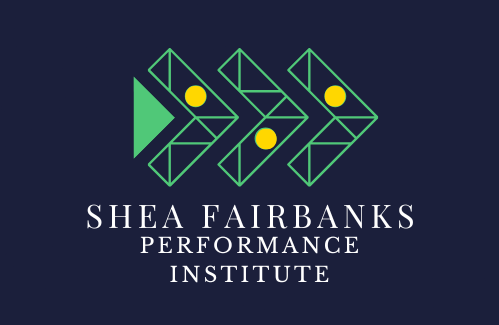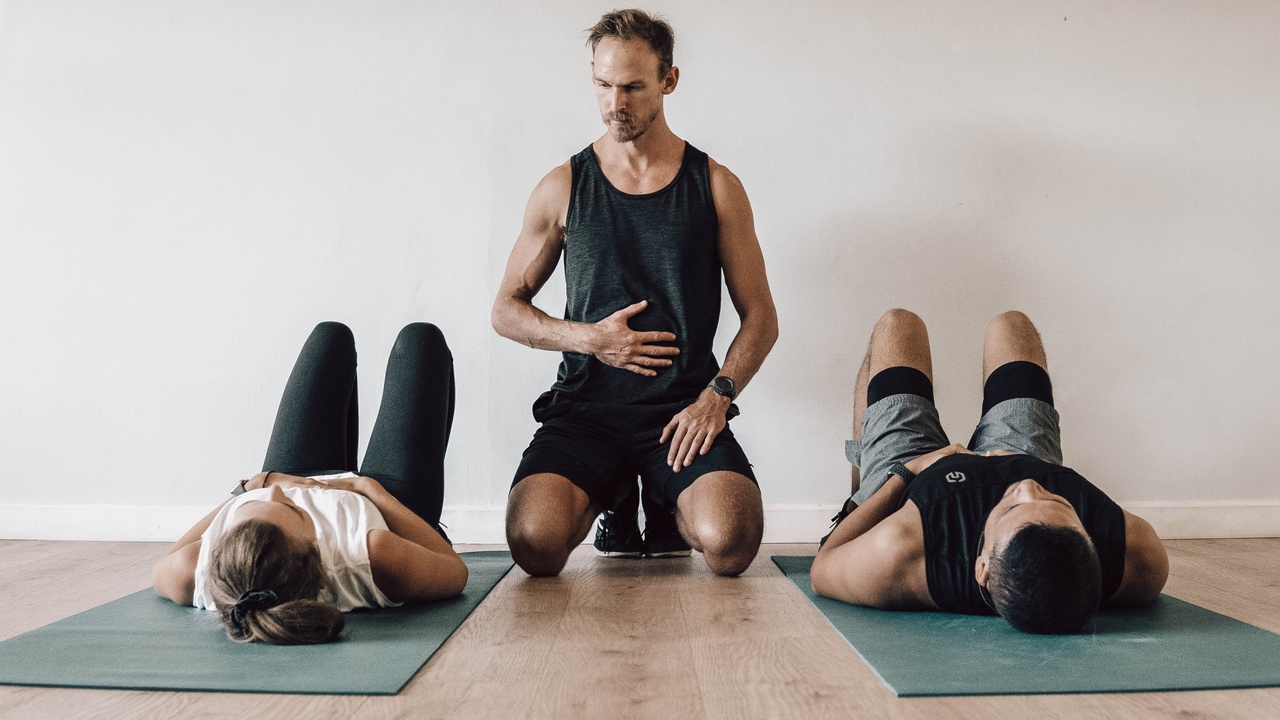Sovereignty Over Distractions: How Sobriety Unlocks Your True Potential
Nov 22, 2024
Thrive Insights
Helping you create structure, clarity, and performance in every area of life
Read time: 4 minutes
Welcome to Thrive Insights, your weekly guide to optimizing health, performance, and purpose. Each week, I share actionable insights, strategies, and personal practices that have helped me and my clients elevate our lives. Here’s to creating your best day, every day.
Today’s Focus
- Protocols: Steps to recognize distractions as coping mechanisms.
- Quote: Viktor Frankl on choosing freedom.
- Lesson: How the dopamine cycle keeps us in fight-or-flight.
- Optimization: Sobriety as a gateway to stress resilience and alignment.
Today’s Protocol
Why Distractions Create More Stress
We live in a world designed to keep us addicted. Social media, alcohol, sugar, toxic habits—all of these distractions trigger our brain's dopamine reward system, creating short-term pleasure but leaving us drained, unfocused, and stuck in a constant state of stress.
When we rely on these coping mechanisms, our bodies stay locked in fight-or-flight mode. This leads to:
- Mental fatigue from constant overstimulation.
- Emotional instability from reliance on quick fixes.
- Physical burnout as the body struggles to recover.
- Spiritual disconnection as distractions pull us away from what truly matters.
Sobriety isn’t just about quitting; it’s about freeing yourself from these cycles. It’s about replacing stress-inducing habits with behaviors that build resilience across all areas of your life.
Today’s Quote
"Between stimulus and response there is a space. In that space is our power to choose our response. In our response lies our growth and our freedom."
— Viktor Frankl
Every time you say no to a distraction, you’re creating space for something greater: your growth, your focus, and your freedom.
Today’s Lesson
The Dopamine Trap: Why Distractions Keep You Stressed
Distractions like alcohol, sugar, and endless scrolling hijack your dopamine reward system. Dopamine isn’t inherently bad—it’s the neurotransmitter responsible for motivation and pleasure—but when we rely on quick dopamine hits, we trap ourselves in a cycle of short-term highs followed by long-term stress.
Here’s how it works:
- Trigger: You reach for a drink, a snack, or your phone to “cope.”
- Reward: Your brain releases dopamine, giving you a temporary sense of relief or pleasure.
- Crash: As the dopamine wears off, you feel worse than before.
- Cycle: You seek another hit, keeping yourself stuck in fight-or-flight mode.
This cycle doesn’t just waste your time—it keeps your body and mind in a constant state of stress, making it harder to focus, recover, and grow.
Why Sobriety is the Answer
Sobriety breaks this cycle. When you remove the distractions, you create space for something better: the opportunity to build habits, skills, and strategies that strengthen your ability to handle stress physically, mentally, emotionally, and spiritually.
- Physical Resilience: Sobriety improves sleep, energy levels, and recovery, giving your body the foundation it needs to perform.
- Mental Clarity: Without distractions clouding your mind, you can focus on what matters, make better decisions, and unlock creativity.
- Emotional Stability: Sobriety helps you process emotions rather than suppress them, leading to deeper self-awareness and stronger relationships.
- Spiritual Growth: By removing the noise, you reconnect with your purpose and align with your highest self.
Sobriety isn’t about giving something up—it’s about gaining everything you’ve been missing.
Today’s Optimization
How to Start Building Resilience Through Sobriety
-
Recognize Your Coping Mechanisms
- Take inventory of what you turn to when you’re stressed: alcohol, snacks, screens, or even toxic relationships.
- Ask yourself: Is this serving me, or is it keeping me stuck?
-
Replace Distractions with Resilience-Building Habits
- Swap mindless scrolling for journaling.
- Replace a nightly drink with a cup of herbal tea and breathwork.
- Use movement or contrast therapy (like ice baths) to release stress.
-
Practice Stress Resilience Techniques
- Incorporate down-regulation breathing (1-1-2-1 cadence) to calm your nervous system.
- Try mindfulness practices like meditation or gratitude journaling to shift your mindset.
-
Commit to the Process
- Building resilience takes time, but the payoff is worth it. Start with one habit and build from there.
Today’s Lesson Recap
The distractions we turn to for comfort often create more stress in the long run. Sobriety isn’t about deprivation; it’s about freeing yourself from cycles that no longer serve you and creating space for habits that strengthen your ability to thrive.
When you choose sobriety, you’re choosing clarity, resilience, and alignment.
Let’s Elevate Together
Sobriety is the gateway to your highest potential. If you’re ready to reclaim your focus and build true resilience, my 24-Week Elite Performance Coaching Program is designed to guide you every step of the way.
Want to start small? Download my free course, Intro to Breathing Mechanics, and learn how breathwork can support your sobriety and elevate your performance.
Ready to take the next step? Book your discovery call directly on my website Here.
Stay connected with news and updates!
Join our mailing list to receive the latest news and updates from Shea.
Don't worry, your information will not be shared.
We hate SPAM. We will never sell your information, for any reason.



